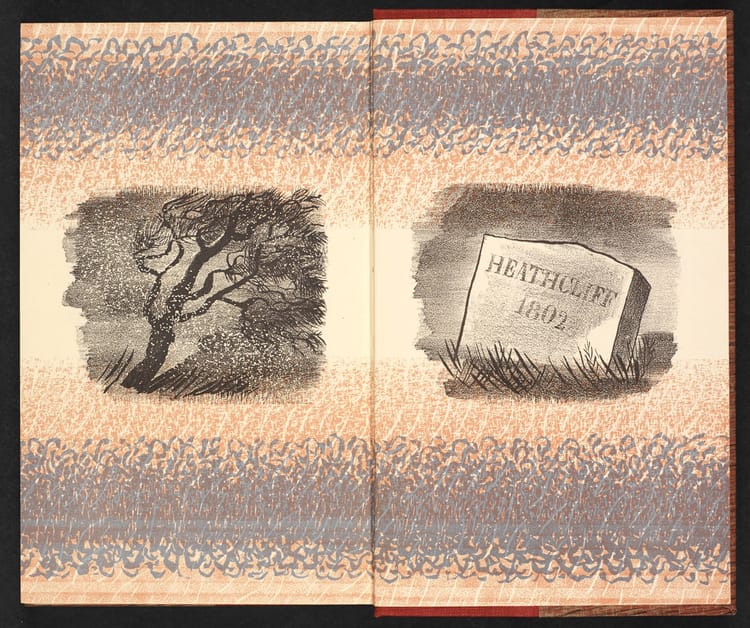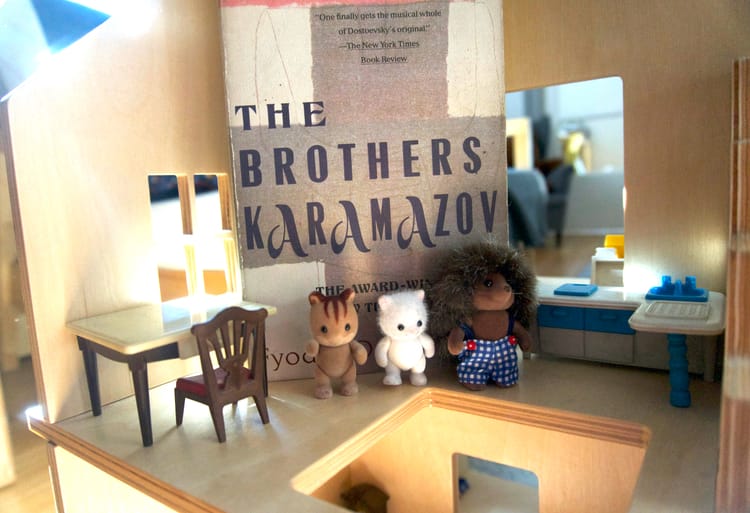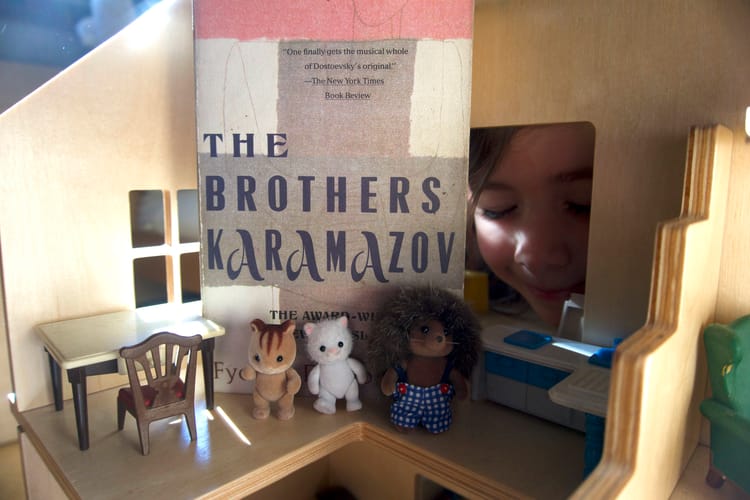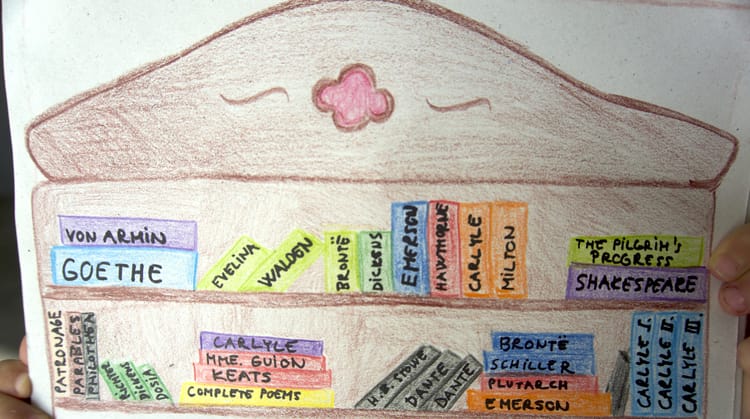Louisa May Alcott: Little Women
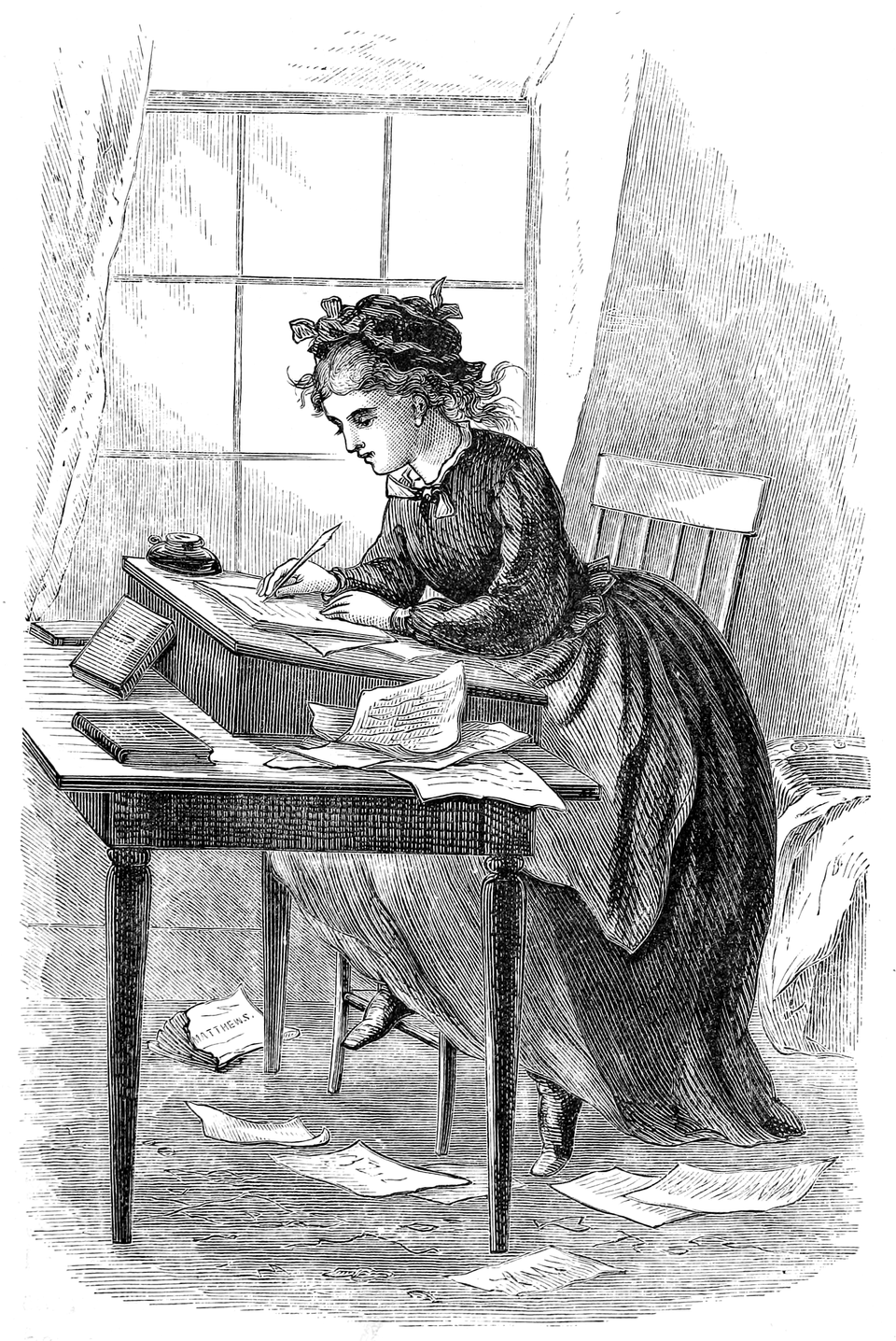
Louisa. Your book drove me crazy up until p.300. Boooredom! I didn't abandon it only because I was dying to understand how a popular story for teenage girls had become part of the American classics. Then it made me understand my own grandmother.
Louisa May Alcott and my beloved grandmother had one crucial thing in common.
You might not be interested in my beloved grandmother (JUMP TO REVIEW), but Little Women, this crucifyingly long, sunny morality tale, made me understand something important about Évamamóka, my grandmother, and about a special type of female literature.
My grandmother, Eva Bozoky, had a disturbingly adventurous life. Fifteen years after her death I can say it with confidence that her life was the most adventurous I’ve ever heard of first-hand, and that it caused her, a female writer during the dark 50s of Communist Hungary, a hell lot of pain.
The one crucial thing Eva and Louisa had in common?
They wrote "jolly tales" because they had "lots of troubles."
“I've had lots of troubles, so I write jolly tales.”
(Louisa May Alcott)
A hundred years passed between the times when these two were little women.
Louisa was poor in the 1840s.
Eva lived the terrors of World War II.
Louisa never got married.
Eva, a devout Lutheran, met a charismatic Jew, who didn't believe in G-d and even though faith wasn't the only thing my grandparents didn't have in common, they got married anyway. My grandfather, Ferenc Donath, is remembered by Hungarian history books as one of the wisest political fighters for democracy. History books rarely mention the stories of the wives of grand men but twelve years after the death of my grandfather, my grandmother wrote a memoir to document just that.
In her book Eva tells about the longest three years in her life that she spent in prison without trial as a political prisoner. She married for love, but for what price?
She wrote about her arrest: members of the secret police had banged on her door with guns. They grabbed her three-month-old baby from her hands and put him to an orphanage. The orphanage happened to be the by now world-famous Emmi Pikler's institution, which surely did not get known by holding the political prisoners's babies under fake names who were taken from their families during the dark 40s and 50s. My uncle Matyas Donath and Laszlo Rajk Jr. were such babies among others.
Upon Eva's release she searched for her son, fought for his release too, but an even more challenging, decades-long fight was ahead of her: to make an under-developed and traumatized three-year-old fit for school, for life, even for hugs from his own father (for the first three years of his life, my uncle had hardly any connection with an adult male.)
Following Hungary's unsuccessful freedom fight in 1956 the family was arrested the second time as part of the Soviet retaliation: this time the whole family was deported to a prison camp in Romania: Eva's parents, her six-year-old and one-year-old sons while she was also nine-month-pregnant with her third son -- she documented that too.
Eva told the story of how her second son, my father, Laszlo Donath, had got an infection in the prison camp and, as a result, lost one of his eyes at the age of two.
She wrote about being forced to give birth to her third son via C-section while imprisoned.
She documented the fearful times of the execution of political prisoners — luckily my grandfather was punished with prison sentence until the spring of 1960. Waiting for her husband’s release while being a penny-less, single mother of three little men, filled a full chapter in her book.
The memoir of my grandmother (Zord Idők Nyomában, 1998) is a rosy, well-humored, morality tale about how to stay human against all the injustice of the world, all the cruelty and deception of fellow human beings. It is beautifully written, charming and philosophical. It is funny and touching and deeply inspiring for any female reader. It is just like Alcott's Little Women -- Alcott's fictionalized memoir.
And just like my grandmother's memoir, Alcott's Little Women is also thoroughly fake. Make no mistake, the events documented in them are true. It is the consequences of the heroine's "troubles" that are not told with honesty.
Little Women is the tale of four sisters "embodying four models of femininity," I read in [Little Women and the Feminist Imagination], "four ways of authorizing the self. (...) All four learn to suppress the more suspect forms of self-expression, or perhaps to reach a balance between self-expression and service to others." Kind and beautiful Meg wishes to be a princess with money and a spot among the elite. Jo, a wild-lass, a highly intelligent writer wishes to accomplish more than women are encouraged to in her time. Shy, artistic Beth is too sensitive to bear the cruel weights of life, and the spoiled, charming little one, Amy, gets everything she wants except for the talent of a great painter. We follow the March sisters through their teenage years until they all have homes and men of their own. Well. Until almost all of them do.
Louisa's heroines (characters based on herself and her sisters) make beautiful peace with the dreadful poverty hanging above their heads, the kind that humiliates a child every step of the way.
Louisa's Jo makes beautiful peace with the fact that her best friend and wooer ends up marrying her sister.
Louisa's little women make beautiful peace with the death of their sister.
Peace is beautiful. Peace, however, doesn't come easily to human beings. It is always a stomach-churning struggle to commit to it.
A hell lot of drama happen on these pages, yet are buried under some pinkish paint, as if Little Women character, Amy, would have painted a layer of rosy oil on top of them.
"Miss Alcott writes with great pathos and vivacity, and the freshness and purity of her style, gives her books a strong hold on the popular heart."
(The Daily American, May 4, 1869)
Little Women is incredibly long, and luckily, incredibly well written. Its beautifully crafted sentences do not save the reader from boredom though: there is only so much detail one can take about the beauty of dressing up, drama playing, sewing and mother-helping of teenage girls with no action or real drama whatsoever for the first 300 pages. I love the slow pace of 19th century stories -- it is not the pace of the book that makes it easy to put it down. It is its lack of depth.
Little Women is a book for little women, not for adult women. Marmee has some inspirational lessons for her girls that I, too, presently a full-time mother, cherish and highlight for darker days. Reminder to self: post this above the kitchen sink:
"You need a motive, Mother says, and when you get it, she is sure you'll work splendidly."
and on the fridge:
"Along the path of a useful life,Will heartsease ever bloom.The busy mind has no time to thinkOf sorrow or care or gloom.And anxious thoughts may be swept away,As we bravely wield a broom."
But don't even little women need real emotional turmoil instead of a smooth ride on the storm as if it wasn't even a storm but a light spring rain? Everything is "topsy-turvy" but at the end mainly just "capital"?
What about the old gentleman, Mr. Laurence, who first lost his daughter then buried his second "adopted" daughter, his beloved little neighbor too? Is it not the gravest tragedy? Yet, Alcott gives literally one sentence to Mr. Laurence's reaction to his loss: "The old gentleman took Jo with a whispered, "You must be my girl now," and a glance at the empty corner by the fire, that made Jo whisper back, "I'll try to fill her place, sir."
"Cultural restraints" did not allow Alcott to do something less straightforward, they say. Alcott wrote about her stories in her journal that "I can’t afford to starve on praise, when sensation stories are written in half the time and keep the family cozy." Little Women was an instant success, selling 2000 copies immediately upon its release. The publisher asked for a sequel and also for a happy ending for the heroine -- Alcott was forced to marry Jo March off, because there is no happy ending for a woman without getting married. Louisa did what she had to do and Little Women has never gone out of print for the last 150 years. It is as popular among American children books as is its boyish counterpart Tom Sawyer.
"I guess I've read Little Women more than once, but I mean that's a classic."(Rachel of Friends, 1997)
Was Alcott a brilliant business woman rather than a brilliant artist?
She, for one, knew what sold and made beautiful peace with creating nothing more than that. She had no interest in self-pity nor darkening the days of anyone around her (including her readers) by sharing more complex feelings about her heartbreaking experiences.
For Louisa, money was a strong motivator. Financial pressure and the tasks one forces on herself for money, however, hardly can repress artistic genious as Gene Weingarten's brilliant story about Leslie McFarlane, the ghostwriter of the Hardy Boys novels, perfectly proves. (If you must choose between Weingarten's piece and Little Women, I'd strongly recommend reading the former. If you must click through some buttons of The WashPost to get to it, please do, you can still read it for free and read it you must. There is too much truth in it about writing, about life.)
Sometimes, the only way for a storyteller to keep an optimistic and happy soul (her sanity), is to tell her tale as if it had been all roses against all odds. I believe that Louisa May Alcott and Eva Bozoky were such storytellers. They took the same role in literature as married women take in life as Little Women character Marmee puts it:
"You are the sunshine-maker of the family, and if you get dismal there is no fair weather."
Being a shrewd entrepreneur was just one of Louisa's talents. She also wrote beautifully and her stories inspired millions of women – including artists who have been drawing their updated vision of female fate with the help of Louisa's timeless Little Women template. "To engage with Little Women is to engage with the feminist imagination," I read in Little Women and the Feminist Imagination. As if Alcott had invited future artists to co-produce with her.
I've been planning to fictionalize my grandmother's memoir the way Greta Gerwig rewrote Louisa May Alcott's Little Women for the big screen: creating new scenes, adding new dialogues, and all together spicing up a perfectly polished story with touches of reality.
Little Women is the frame of a great story. It's almost as if Louisa May Alcott had drawn her own shadow instead of herself, but since it's a shadow full of light, we get a perfect sense of who it belongs to. If you fancy a story with various twists and turns with problem solving keys hidden by the storyteller, this book is not for you. Rather, it is a straightforward story for readers with immense imagination (such as young readers!) who take a beautiful frame and fill it with a richer story than the one Louisa actually put on paper.
🤱 🧶 👗 👠 👒 💍 🇺🇸
Summary:
-
Will I ever reread this book?
Cannot imagine doing that.
0/3 -
How quickly I got sucked into it?
Very late: after 300 pages. But I did.
1/3 -
How easy is it to read (grammar, style, highbrow/lowbrow)?
Very easy, yet beautifully written.
3/3 -
Difficult to put it down?
No. But easy to get back to it too!
1/3 -
Did I cry?
I might have. But why can't I recall it?
2/3 -
Did I laugh?
I smiled sometimes, yes.
2/3 -
How timeless?
One hundred and fifty-two years passed since the birth of the book, so yes, you can feel the smell of the past on its pages, and yet, you can still NOT give a damn. In the heart of the story is the tale of a woman who oversteps the boundaries laid for women and frankly, 150 years later, you can still be that person.
2/3 -
Catharsis?
No.
0/3 -
Is it worth living without it?
Maybe. It's easy for me to say it though: I already read Little Women.
1/3
12/27 = Read this book, if you need to read something light but beautifully put and have already read Gone With the Wind. If you are a teenager: Read this book. Then please let me know why you liked it!
P.S. I am NOT an Amazon Associate therefore I DON'T receive even a tiny commission if you make a purchase when clicking through any of my links. But if one day I changed this message, I'll still make sure to add all the links where you can find the book for FREE:
Here is where to find Little Women online for free:
- In my favorite online library: Open Library
- On the best quality site for classic literature: Planet eBook (lets you upload the book to your Kindle!)
ALSO CLICK BELOW ![]() IF LOUISA MAY ALCOTT IS YOUR PASSION:
IF LOUISA MAY ALCOTT IS YOUR PASSION:
Louisa May Alcott Is My Passion by Susan Bailey


